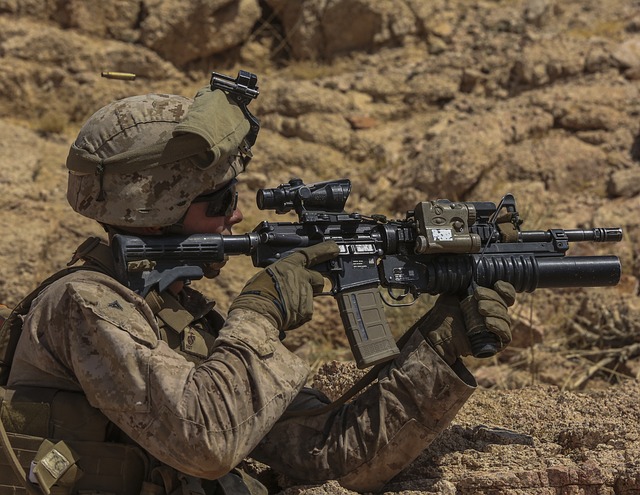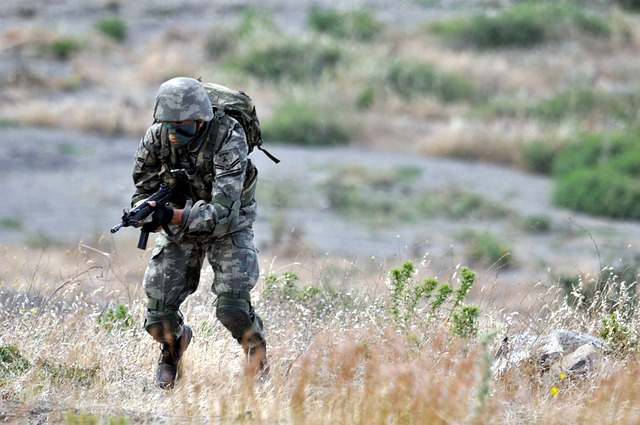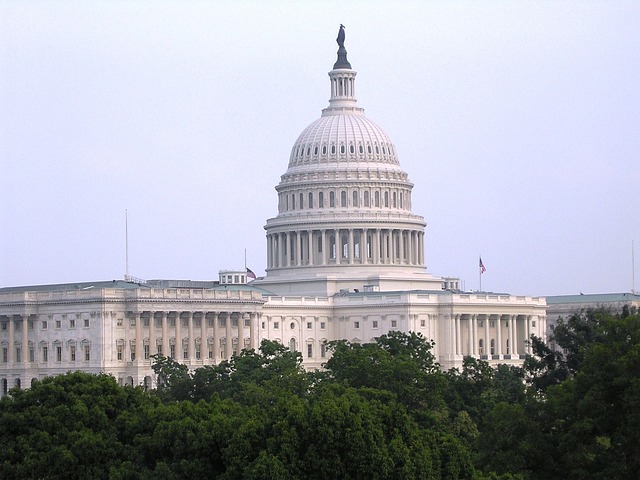The US Army Special Forces (Green Berets) are a key military asset for unconventional warfare, counterterrorism, and foreign internal defense. Their rigorous training and advanced equipment enable them to operate in diverse environments, gathering intelligence, conducting direct action, and building international partnerships. As a highly specialized force, they have evolved since their Cold War origins to meet modern security challenges, maintaining a crucial role in national security despite public perception issues stemming from their secretive nature and controversial tactics.
“Unraveling the operations of the US Army Special Forces, this article explores their pivotal role within government agencies, particularly at the Pentagon. From historical insights into Special Ops’ integration to their unique equipment and rigorous training, we delve into what makes these forces essential. Furthermore, we examine ethical considerations and the complex public perception surrounding their activities. Understanding the US Army Special Forces offers a glimpse into the intricate world of unconventional military operations.”
- The Role of US Army Special Forces in Government Operations
- Historical Perspectives: Special Ops in the Pentagon
- Equipment and Training: Preparing for Unconventional Missions
- Ethical Considerations and Public Perception of Special Forces
The Role of US Army Special Forces in Government Operations

The US Army Special Forces, commonly known as the Green Berets, play a pivotal role in supporting government operations across various sectors. Their expertise lies in unconventional warfare, counterterrorism, and foreign internal defense, making them highly versatile and adaptable to diverse missions. These forces are renowned for their rigorous selection process and specialized training, which equips them with unique capabilities to operate in hostile or sensitive environments.
In the context of government agencies like the Pentagon, Special Forces contribute significantly to intelligence gathering, direct action missions, and building partnerships with foreign counterparts. Their ability to integrate seamlessly into local communities and adapt to different cultural landscapes is invaluable. Whether it’s conducting special operations, providing military assistance, or training allied forces, the US Army Special Forces are a crucial asset in ensuring national security and promoting stability both domestically and internationally.
Historical Perspectives: Special Ops in the Pentagon

The role of special operations within the Pentagon has evolved significantly over time, reflecting changes in global geopolitics and military strategy. Historically, the US Army Special Forces, known for their versatility and expertise in unconventional warfare, have played a pivotal role in various missions. Established during the Cold War, these forces were tasked with covert operations behind enemy lines, often in remote and hostile environments. Over the years, they’ve adapted to modern challenges, transitioning from traditional guerrilla tactics to more complex, technology-driven special ops.
Today, the Pentagon’s special ops units are highly specialized, incorporating advanced training, sophisticated equipment, and innovative tactics. The US Army Special Forces, renowned for their capabilities in direct action, counterterrorism, and foreign internal defense, continue to be a cornerstone of America’s military might. Their historical contributions and ongoing relevance underscore the indispensable role they play in securing national interests and addressing complex global security issues.
Equipment and Training: Preparing for Unconventional Missions

The US Army Special Forces, known for their unconventional and highly specialized operations, require advanced equipment and rigorous training to prepare them for any mission. These elite soldiers are equipped with state-of-the-art technology designed to enhance stealth, endurance, and combat effectiveness. Their gear includes specialized clothing, night vision devices, advanced communication systems, and weapons tailored for close-quarters combat and precision strikes.
Training for Special Forces involves an intense selection process that pushes candidates to their physical and mental limits. It encompasses a wide range of skills, from language acquisition and cultural awareness to survival training, marksmanship, and specialized tactics. This comprehensive preparation ensures that when deployed, whether in urban environments or remote locations, these forces are equipped with the knowledge and tools to accomplish their missions successfully and securely.
Ethical Considerations and Public Perception of Special Forces

The US Army Special Forces, also known as the Green Berets, operate in the shadows, often executing highly specialized and sensitive missions. While their expertise and dedication are widely admired, there are ethical considerations that constantly shape public perception of these elite soldiers. The line between heroic service and controversial tactics can blur, especially when missions involve unconventional methods or occur in regions with complex cultural dynamics.
Public opinion is influenced by media portrayals, which sometimes sensationalize the activities of Special Forces, leading to a mix of admiration and skepticism. Balancing the need for secrecy in their operations with transparency to maintain public trust is a delicate task. Effective communication and education about their role in national security can help foster understanding and mitigate misconceptions, ensuring the public perception aligns with the reality of their ethical and professional conduct.
The US Army Special Forces, with their unique capabilities and specialized training, play a pivotal role in supporting government agencies like the Pentagon. Throughout history, special ops have been instrumental in various missions, from unconventional warfare to intelligence gathering. Their advanced equipment and rigorous training prepare them for the most challenging tasks. However, as public perception and ethical considerations gain prominence, it’s essential to balance their crucial operations with transparency and accountability to maintain public trust.
